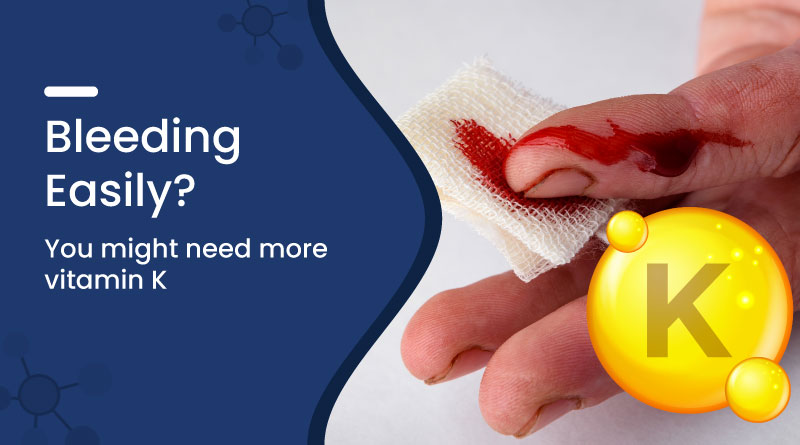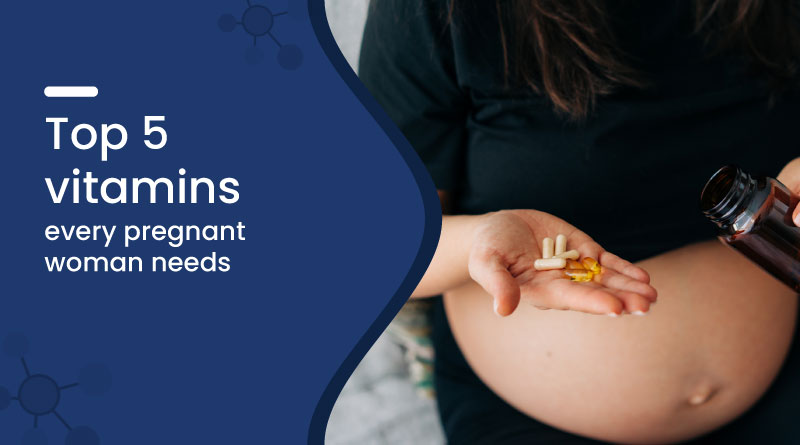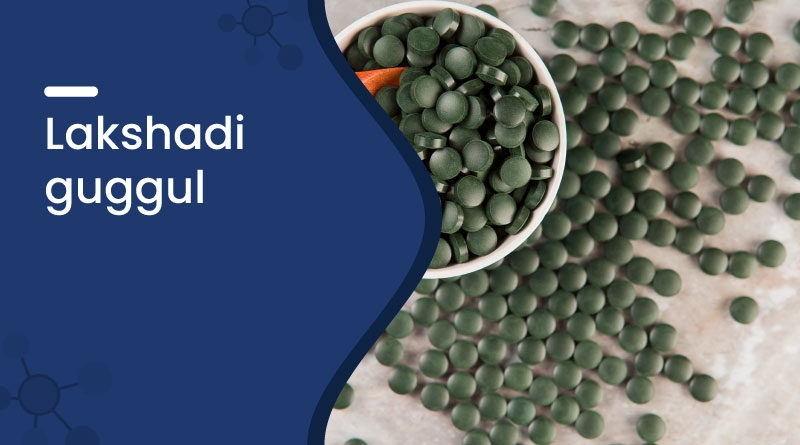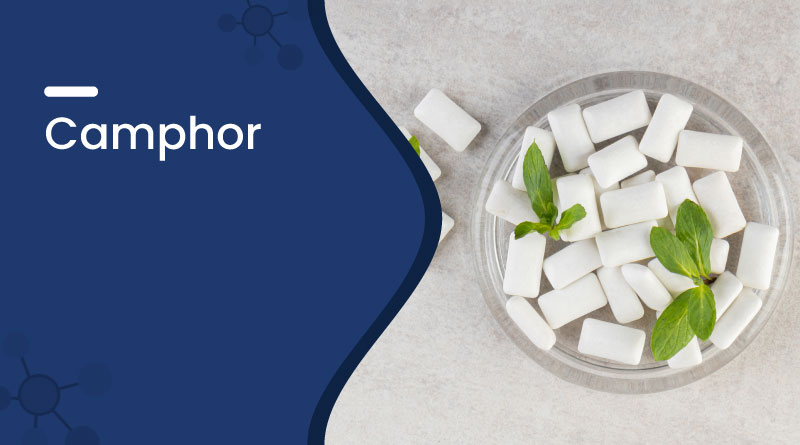Vitamin K Deficiency: Causes of Easy Bleeding & How to Fix It


If you’re bleeding easily, getting frequent nosebleeds, or noticing bruises that appear out of nowhere, Vitamin K deficiency might be the reason. Vitamin K is essential for normal blood clotting and maintaining vascular health. Without enough of it, even minor injuries can lead to excessive bleeding.
Let’s explore the vital role of Vitamin K in your body and how to maintain healthy levels to prevent complications.
What is Vitamin K and Why Is It Important for Bleeding?
Vitamin K is a fat-soluble nutrient essential for proper blood clotting. It helps your body produce proteins that control bleeding. Without enough Vitamin K, even small cuts can bleed excessively, and internal bleeding becomes a real risk.
There are two main types of Vitamin K:
- K1 (Phylloquinone): Found in leafy greens like spinach, kale, and broccoli.
- K2 (Menaquinone): Found in fermented foods and animal products.
How Does Vitamin K Deficiency Cause Easy Bleeding?
Vitamin K deficiency leads to low levels of clotting proteins. This makes it harder for blood to clot after injury, causing symptoms like:
- Frequent nosebleeds
- Bleeding gums
- Easy bruising
- Heavy menstrual bleeding
- Blood in urine or stool
In severe cases, internal bleeding can occur, which may go unnoticed until it becomes dangerous.
Who is at Risk of Vitamin K Deficiency?
While rare in healthy adults, Vitamin K deficiency can occur in certain groups:
- Newborn babies (especially breastfed infants)
- People with digestive issues like celiac disease or Crohn’s
- Patients on long-term antibiotics
- Those with liver disorders
- People with poor dietary intake
- Older adults may also be at risk due to reduced absorption or dietary limitations.
How Can You Increase Vitamin K Intake Naturally?
You can boost your Vitamin K levels through dietary changes. Here are some Vitamin K-rich foods:
- Leafy greens: Spinach, kale, collard greens, and lettuce
- Vegetables: Broccoli, brussels sprouts, cabbage
- Fruits: Kiwi, avocado, and blueberries
- Animal products: Eggs, cheese, and liver (contain Vitamin K2)
- Fermented foods: Natto, sauerkraut, and certain cheeses
What are the Signs of Too Much or Too Little Vitamin K?
Too little Vitamin K causes:
- Prolonged bleeding
- Easy bruising
- Blood in urine or stool
Too much Vitamin K from natural sources is rare. However, excess synthetic Vitamin K supplements can lead to:
- Blood clotting issues
- Liver problems (especially in infants)
Always consult a healthcare provider before starting supplements.
Should You Take a Vitamin K Supplement?
If you’re at risk of deficiency or have been advised by a doctor, a supplement might be helpful. However, always opt for a safe, tested product.
These options are suitable for people with poor dietary intake or absorption problems.
Can Vitamin K Interact with Medications?
Yes. Vitamin K interacts with blood thinners like warfarin. Too much Vitamin K can reduce the effectiveness of these medicines.
- Avoid Vitamin K supplements without a doctor’s advice.
- Keep your dietary intake of Vitamin K consistent.
Frequently Asked Questions
Q. What happens if you are deficient in Vitamin K?
A. Vitamin K deficiency can cause excessive bleeding, easy bruising, and delayed clotting after injuries.
Q. Can you get enough Vitamin K from food?
A. Yes, a diet rich in green leafy vegetables and fermented foods usually provides sufficient Vitamin K.
Q. Is Vitamin K safe for everyone?
A. Generally, yes. But people on blood thinners or with liver disease should consult a doctor before taking supplements.
Q. Can a Vitamin K supplement stop bleeding?
A. It helps over time by improving clotting ability, but it won’t stop active bleeding immediately.
Q. How long does it take to fix a Vitamin K deficiency?
A. With the right diet or supplement, mild deficiencies can improve in a few days to weeks.
Conclusion
If you’re bleeding easily, don’t ignore it—it could be a sign that your body is lacking Vitamin K. Maintaining adequate levels through a balanced diet or supplements is key for blood health and overall well-being. Always seek medical guidance if symptoms persist.
Stay proactive with your nutrition—Vitamin K could be the missing link in your bleeding concerns.








 Added!
Added!